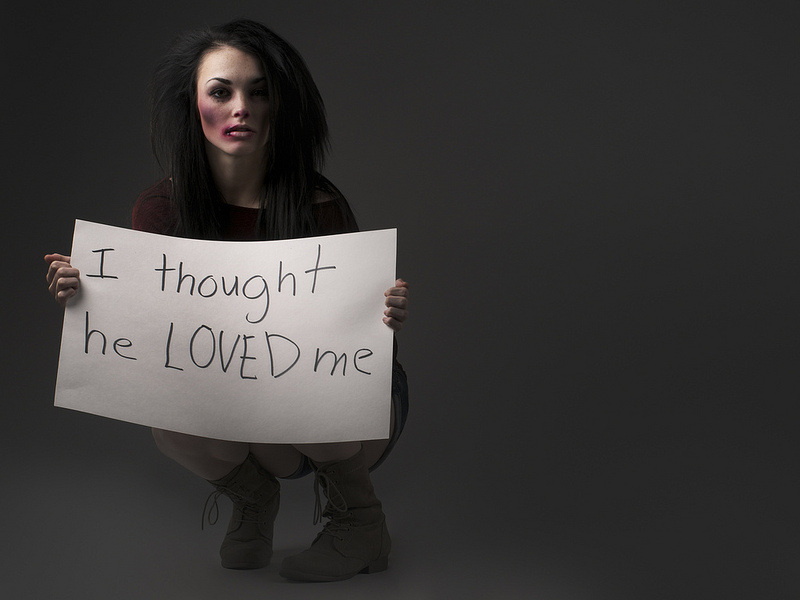| If you were among the roughly 300 million Americans who did not watch the Grammys last weekend, you probably still heard about its segment on domestic violence, including a videotaped message from President Obama. The president hit the right notes, talking about the need for “a culture where violence is intolerable, where survivors are supported.” Domestic violence is a huge problem that remains largely hidden and difficult to confront. According to the website safehorizon.org, one in four women will be a victim |
| | during their lifetimes. But neither the president, the people at the Grammys nor many other Americans seem to want to tackle one of its largest contributors — pornography. One yes, there were plenty of people willing to point out the double standards surrounding the event itself. As Katie McDonough, the political writer at Salon.com, noted, Chris Brown was a nominee for an award despite his own history of domestic violence. Eminem won awards despite his many misogynistic raps. And even Katy Perry, as McDonough noted, had performed at the Super Bowl halftime show despite that league’s history of sweeping aside the domestic violence problems its players perpetrate. Hollywood in general has trouble understanding the relationship between its portrayal of certain things and the societal attitudes it fosters. And right on queue, the film “Fifty Shades of Grey” was set to open on Valentine’s Day as if it were just the right thing for the day of romance. The film has drawn protests from a variety of disparate groups, from traditional anti-porn organizations to groups that support sex workers. The Washington Post reported that even Jamie Dornan, who co-stars in the film as Christian Grey, said he was uncomfortable with some of the things he did on screen. Those things, and our culture’s growing acceptance of them, are big parts of the problem. Writing on Foxnews.com, Dawn Hawkins, executive director of the National Center on Sexual Exploitation, said, “Hold up a mirror to Christian Grey and you’ll see the reflection of a culture saturated in exposure to violent pornography. This is the porn that has and continues to groom the next generation of men to believe that they are entitled to violent sexual behavior, and that women should enjoy it.” Unless popular culture and, yes, the government, begin to acknowledge the affect this type of viewing has on relationships and attitudes, and especially on children, how can anyone take their crusades against domestic violence seriously? Films such as “Fifty Shades of Grey” are just a small part of the problem. The pornography that is available around the clock on computers and hand-held devices is shaping the culture faster than anything traditional Hollywood or television could do. Mary Anne Layden, director of the Sexual Trauma and Psychopathology Program Center at the University of Pennsylvania, has published extensively about the ways pornography teaches values. In one paper, she wrote that “forty percent of abused women indicated that their partner used violent pornography.” She also cited research that found men who view pornography tend to view their partners as less attractive. Britain is one of the few Western countries willing to come to terms with this problem. Prime Minister David Cameron has been trying to get the nation’s Internet providers to automatically install filters against pornographic sites. Customers would have to request to have the filters lifted if they wanted to view such things. Slowly, the providers have been coming around. Only two major ones have yet to make the change. It is making a difference. One report said only 13 percent of users opted to install the filters before they were an automatic part of the service. But The Independent said 95 percent of one provider’s users decided to keep them once they were in place. In a world of Internet clouds and hand-held devices, the battle against pornography and its false portrayals of relationships and love likely will never be completely won. But that doesn’t mean an assault on it by politicians, sports leagues and popular culture, wouldn’t have an effect. In fact, until they begin tackling the pornography behemoth head on, it’s hard to take their crusades against domestic abuse seriously. |


 RSS Feed
RSS Feed

